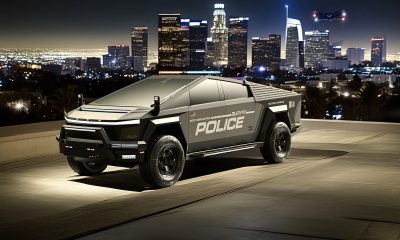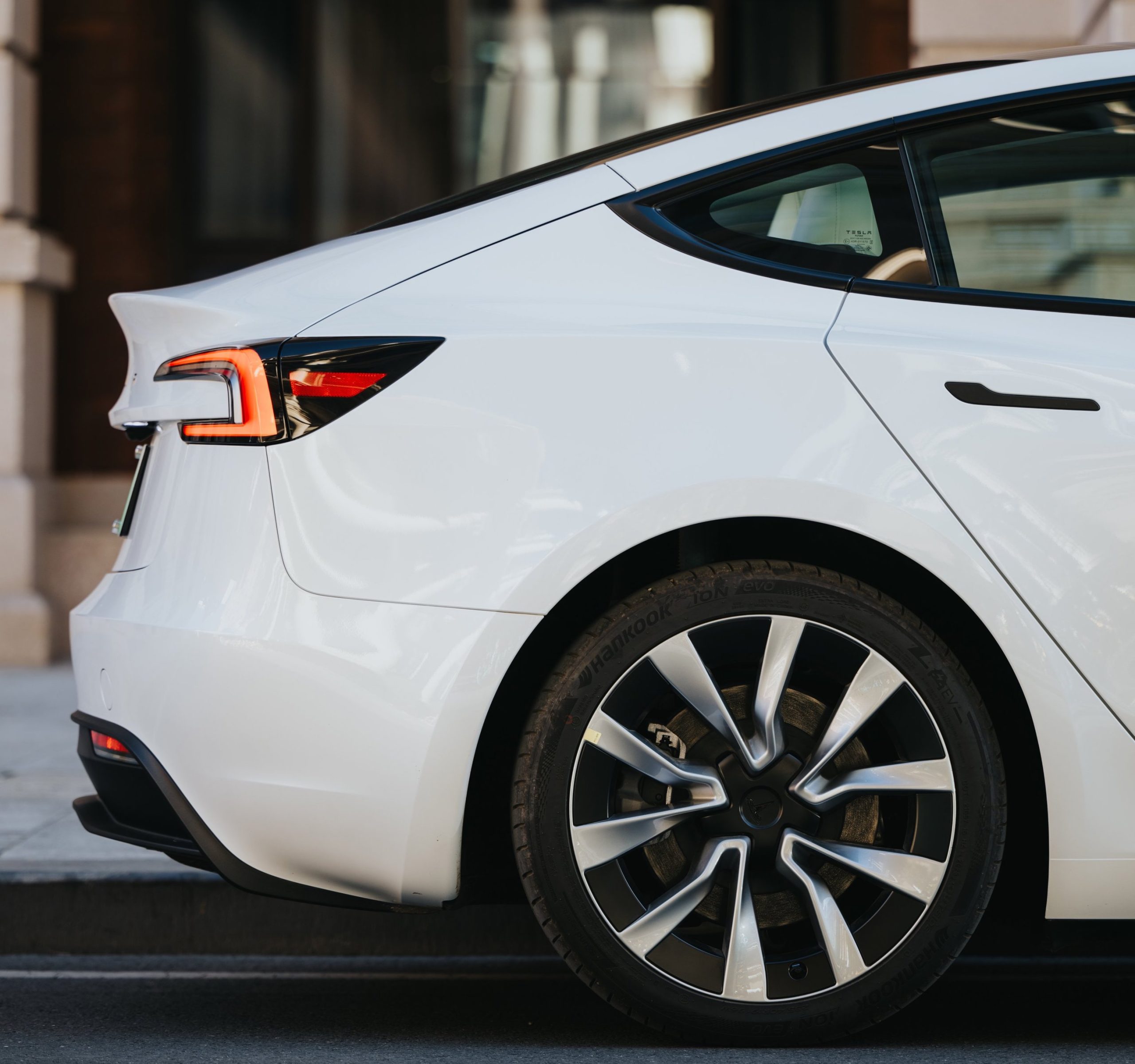

News
(Op-Ed) Tesla China has been very successful legally–but is something nefarious really afoot?
A recent report from the Associated Press has highlighted the fact that Tesla China has been very successful legally. Over the years, Tesla China has seen a remarkable record in winning legal cases against critics, from media outlets and social media influencers to customers.
But while the report carried a tone that hinted that something nefarious was afoot, Tesla China’s legal successes may simply be explained by a simple reason—it chooses to hold people accountable.
The AP’s piece:
- A look at the Associated Press‘ piece on Tesla China’s aggressive legal strategy opens with the story of Zhang Yazhou, who held a protest at the 2021 Shanghai Auto Show alleging that her Model 3 experienced a brake failure.
- Here’s how the report framed the matter:
- “Tesla has embraced an aggressive legal strategy in China to stifle its critics — suing its own customers.
- “That’s left some Tesla owners desperate. Zhang Yazhou protested publicly that her Model 3’s brakes had failed and caused an accident in 2021 that sent her parents to the hospital. Tesla said that wasn’t true and sued her for defamation. A Chinese court ordered Zhang to pay the $1.1-trillion company more than $23,000 in damages and publicly apologize for her criticism.
- “”I refuse to accept it,” said Zhang, who appealed the verdict. “As a consumer, even if I said something wrong, I have the right to comment and criticize. I spoke about my feelings as a user of the car. It has nothing to do with damaging their reputation.””
- The AP report also described Tesla China’s legal victories as follows:
- “Over the last four years, Tesla has sued at least six car owners in China who had sudden vehicle malfunctions, quality complaints or accidents they claimed were caused by mechanical failures.
- “The company has also sued at least six bloggers and two Chinese media outlets that wrote critically about the company, according to a review of public court documents and Chinese media reports by The Associated Press.
- “Tesla won all eleven cases for which AP could determine the verdicts. Two judgments are on appeal. One case was settled out of court.
- “Tesla has not only won the defamation cases it brought against unhappy car owners and critical journalists, it has also prevailed in lawsuits customers have filed against it.”
Context matters:
- While it is quite popular these days in several corners of the internet to frame Elon Musk and Tesla as evil entities that must be eliminated, it is important to look at the context behind Tesla China’s legal successes.
- Tesla China’s success in the country’s court system may not be due to a nefarious reasons at all. Instead, it could simply be due to one particular thing that the company is very good at—in-vehicle data.
- Take the case of Ms. Zhang, for example. When she alleged that her Model 3 experienced brake failure, Tesla China simply supplied the data from her vehicle to prove that the car’s brakes, in fact, did not malfunction.
- The same thing was true for social media influencers who allegedly showed Tesla’s vehicles experiencing brake failure.
- Back in 2021, during the height of the brake controversy in China, a Tesla owner decided to demonstrate how his Model X’s brakes were allegedly failing. The owner later admitted that the video was for entertainment purposes only.
- A famous blogger who alleged that Tesla’s automatic emergency braking system was subpar also posted a public apology to Tesla China after the company’s legal department pursued him.
- In that particular case, Tesla China was hardly throwing its weight around, since netizens in the country were already calling out the blogger for pressing on the vehicle’s accelerator during his automatic emergency braking test.
- Overall, Tesla China’s long string of legal victories seems to be due to the company’s willingness to hold critics accountable when needed, as well as the objective data that is provided by its vehicles.
The whipping boys of media:
- Elon Musk has a high tolerance for pain, and Tesla does too, at times to the detriment of the company’s shareholders.
- This has caused media outlets, social media influencers, and general netizens to casually throw out wild accusations against the CEO and the electric vehicle maker.
- This has been especially notable recently amidst Elon Musk’s work with DOGE.
- But while this is the status quo in the United States, Tesla China’s management team requires a more assertive legal strategy—one that would allow the company to thrive in the world’s most competitive and challenging electric vehicle market.
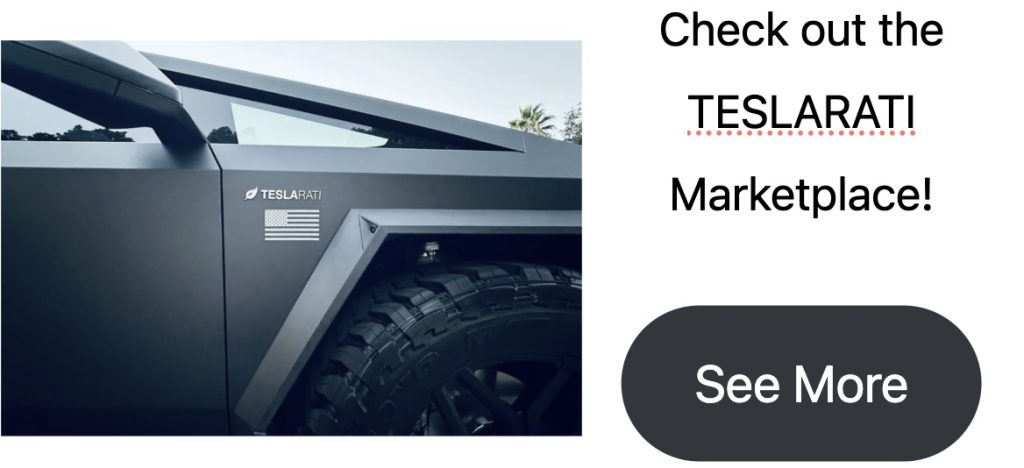
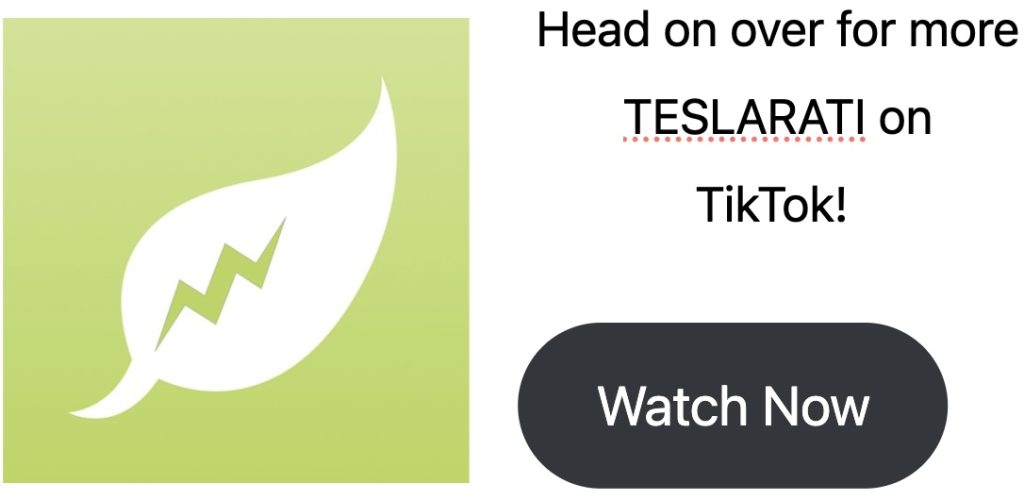
Don’t hesitate to contact us with news tips. Just send a message to simon@teslarati.com to give us a heads up.
News
SpaceX’s Crew-11 mission targets July 31 launch amid tight ISS schedule
The flight will lift off from Launch Complex 39A at Kennedy Space Center in Florida.
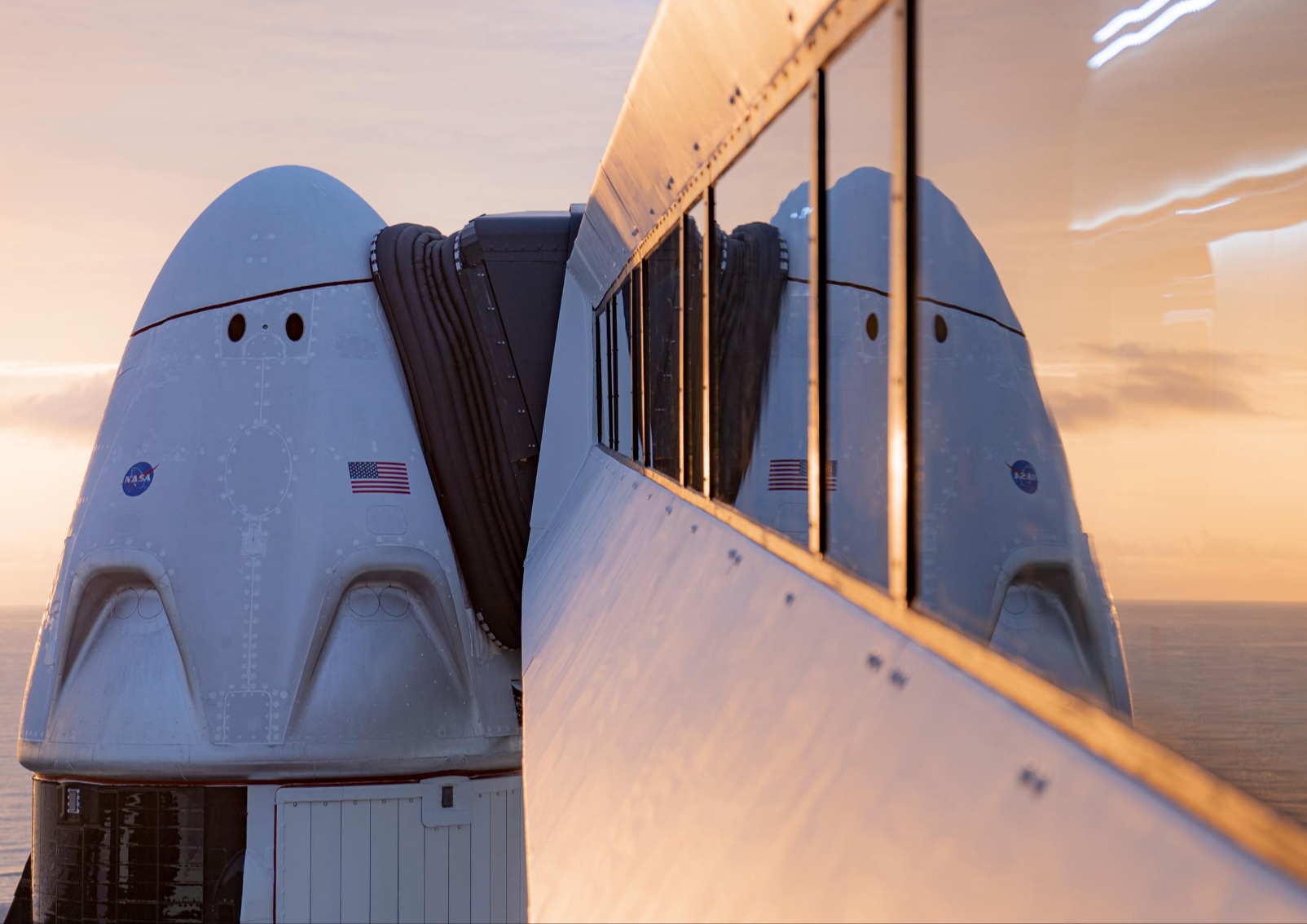
NASA and SpaceX are targeting July 31 for the launch of Crew-11, the next crewed mission to the International Space Station (ISS). The flight will lift off from Launch Complex 39A at Kennedy Space Center in Florida, using the Crew Dragon Endeavour and a Falcon 9 booster.
Crew Dragon Endeavour returns
Crew-11 will be the sixth flight for Endeavour, making it SpaceX’s most experienced crew vehicle to date. According to SpaceX’s director of Dragon mission management, Sarah Walker, Endeavour has already carried 18 astronauts representing eight countries since its first mission with NASA’s Bob Behnken and Doug Hurley in 2020, as noted in an MSN report.
“This Dragon spacecraft has successfully flown 18 crew members representing eight countries to space already, starting with (NASA astronauts) Bob (Behnken) and Doug (Hurley) in 2020, when it returned human spaceflight capabilities to the United States for the first time since the shuttle retired in July of 2011,” Walker said.
For this mission, Endeavour will debut SpaceX’s upgraded drogue 3.1 parachutes, designed to further enhance reentry safety. The parachutes are part of SpaceX’s ongoing improvements to its human-rated spacecraft, and Crew-11 will serve as their first operational test.
The Falcon 9 booster supporting this launch is core B1094, which has launched in two previous Starlink missions, as well as the private Ax-4 mission on June 25, as noted in a Space.com report.
The four-members of Crew-11 are NASA astronauts Zena Cardman and Mike Fincke, as well as Japan’s Kimiya Yui and Russia’s Oleg Platonov.
Tight launch timing
Crew-11 is slated to arrive at the ISS just as NASA coordinates a sequence of missions, including the departure of Crew-10 and the arrival of SpaceX’s CRS-33 mission. NASA’s Bill Spetch emphasized the need for careful planning amid limited launch resources, noting the importance of maintaining station altitude and resupply cadence.
“Providing multiple methods for us to maintain the station altitude is critically important as we continue to operate and get the most use out of our limited launch resources that we do have. We’re really looking forward to demonstrating that capability with (CRS-33) showing up after we get through the Crew-11 and Crew-10 handover,” Spetch stated.
Lifestyle
EV fans urge Tesla to acquire Unplugged Performance for edge in fleet and security industry
Unplugged Performance has built a name for itself by producing performance upgrades for Tesla vehicles.
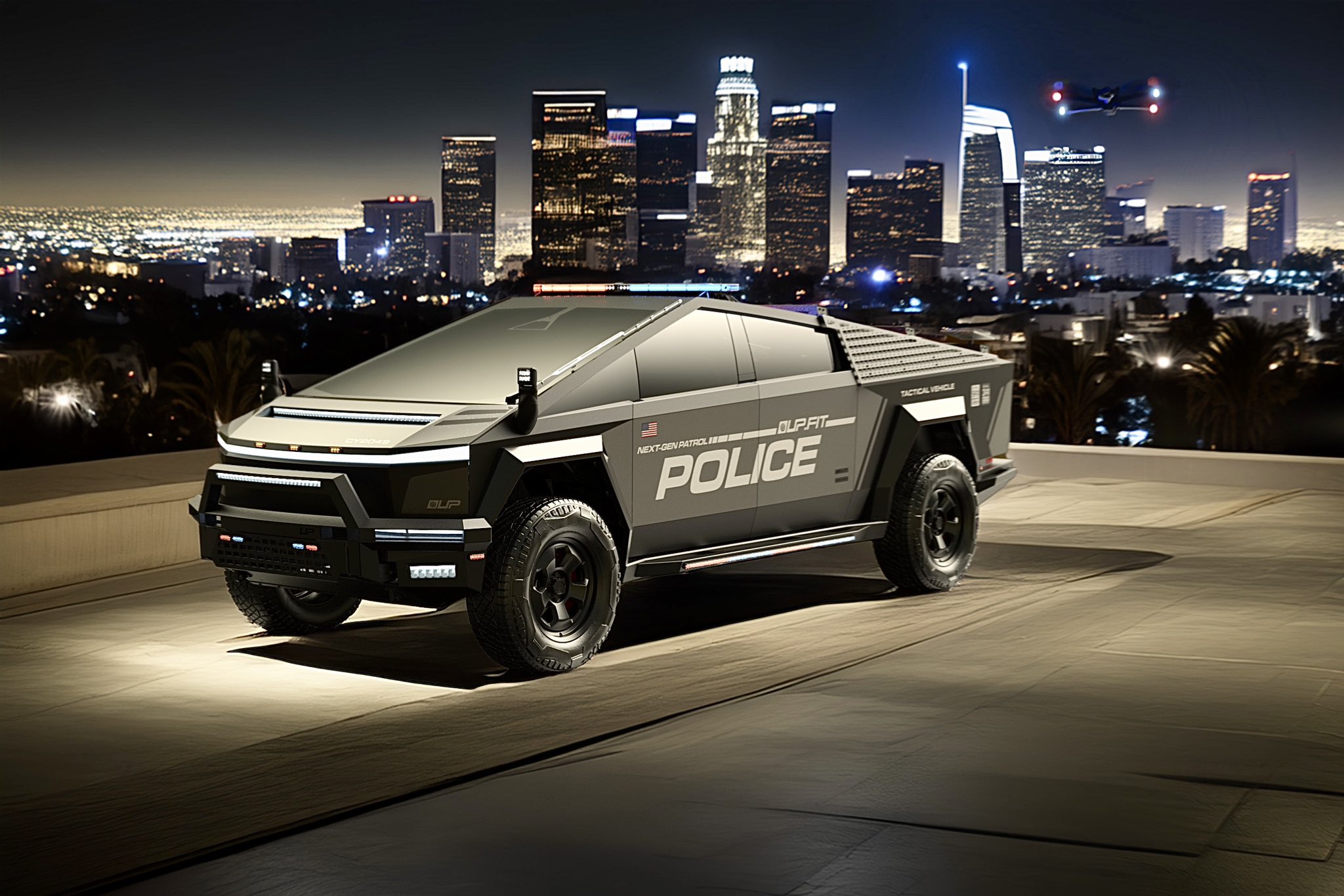
A growing number of Tesla enthusiasts and longtime community voices are calling on the electric vehicle maker to acquire Unplugged Performance, a California-based aftermarket company best known for tuning Tesla vehicles and developing specialized government fleet solutions under its UP.FIT division.
The idea was once considered a niche proposal among EV fans, but it is now gaining serious attention not just as a performance play but as a strategic move to deepen Tesla’s roots in the fleet and security industry.
A strategic fit
Unplugged Performance has built a name for itself by producing performance upgrades for Tesla vehicles, from track-optimized components to visual and aerodynamic upgrades. But in recent years, its UP.FIT division has pivoted toward a more functional future by outfitting Tesla vehicles like Model Ys for police, military, and government use.
That work has sparked growing calls for closer collaboration with Tesla, especially as the EV maker increasingly leans into autonomy, AI, and fleet services as core components of its next chapter.
“I posted this four years ago, but I think it’s more true now than ever,” wrote Whole Mars Catalog, a well-known Tesla investor and FSD Beta tester, on X. “Tesla should buy Unplugged. But not just as a Performance division. What they are doing with UP.FIT unlocks large government and commercial fleet purchases that can improve utilization.”
Tesla fans such as shareholder Sawyer Merritt echoed the sentiment, calling Unplugged a “great fit within Tesla.” adding, “They are literally located directly next to Tesla’s design studio in Hawthorne.”
Enabling the next wave
Supporters of the idea noted that integrating Unplugged into Tesla’s corporate structure could help accelerate the adoption of autonomous technologies in government sectors. With UP.FIT patrol cars already in use across some U.S. police departments, Tesla fans envisioned a future where self-driving Teslas could potentially revolutionize law enforcement, search-and-rescue, and public service logistics.
“Just imagine how autonomous patrol cars could transform policing and bring us into a safer future,” the veteran FSD tester wrote.
The benefits could also extend to Tesla’s existing consumer base. “They also have some incredible products in the works that I think will appeal to many ordinary Tesla drivers — not just those looking for performance or mods. Stuff that’s so good it should have come straight from the design studio next door,” Whole Mars Catalog noted.
Unplugged Performance, founded in 2013, shares not just a product vision with Tesla, but also geography. Its Hawthorne headquarters sits directly adjacent to Tesla’s design studio, and the two companies have maintained a close working relationship over the years. The aftermarket firm has long positioned itself as a “mission-aligned” partner to Tesla.
In response to the recent calls for acquisition, Unplugged Performance acknowledged the support from the community. “Our very existence is to support the Tesla mission with @UpfitTesla and @UnpluggedTesla,” Unplugged CEO Ben Schaffer posted on X. “We love working with Tesla and are grateful for the community’s support since 2013!”
News
Tesla debuts hands-free Grok AI with update 2025.26: What you need to know
All new Tesla vehicles delivered on or after July 12, 2025, will include Grok AI out of the box

Tesla has begun rolling out Grok, an in-car conversational AI assistant developed by xAI, to eligible vehicles starting July 12. The feature marks the most direct integration yet between Elon Musk’s artificial intelligence startup and Tesla’s consumer product lineup, offering drivers hands-free access to a chat-style companion while on the road.
Grok comes pre-installed on new vehicles
According to Tesla’s FAQ page for the feature, all new vehicles delivered on or after July 12, 2025, will include Grok AI out of the box. Owners of older vehicles may gain access through an over-the-air update, provided their vehicle meets a few hardware and software requirements.
Specifically, Grok is currently only supported on Tesla models equipped with an AMD infotainment processor and running vehicle software version 2025.26 and higher. Compatible models include the Model S, Model 3, Model X, Model Y, and Cybertruck. A Premium Connectivity subscription or active Wi-Fi connection is also required.
Tesla notes that additional vehicle compatibility may arrive in future software updates.
Grok’s features and limitations for now
Drivers can engage with Grok using the App Launcher or by pressing and holding the voice command button on the steering wheel. Grok is designed to answer questions and hold conversations using natural language, offering responses tailored to its chosen personality—ranging from “Storyteller” to the more eccentric “Unhinged.”
For fun, Tesla posted a demonstration of Grok likely running on “Unhinged” talking about what it would do to Optimus when they are on a date, much to the shock of the humanoid robot’s official social media account.
It should be noted, however, that Grok cannot currently issue commands to the vehicle itself, at least for now. Traditional voice commands for tasks like climate control, navigation, or media remain separate from Grok as of writing.
The feature is being released in Beta and does not require a Grok account or xAI subscription to activate, although that policy may change over time.
Grok privacy and in-car experience
Tesla emphasizes that interactions with Grok are securely processed by xAI and not linked to a user’s Tesla account or vehicle. Conversations remain anonymous unless a user signs into Grok separately to sync their history across devices.
Tesla has also begun promoting Grok directly on its official vehicle webpages, showcasing the feature as part of its in-car experience, further highlighting the company’s increasing focus on AI and infotainment features on its all-electric vehicles.
-

 Elon Musk2 weeks ago
Elon Musk2 weeks agoTesla investors will be shocked by Jim Cramer’s latest assessment
-

 Elon Musk2 days ago
Elon Musk2 days agoxAI launches Grok 4 with new $300/month SuperGrok Heavy subscription
-

 Elon Musk5 days ago
Elon Musk5 days agoElon Musk confirms Grok 4 launch on July 9 with livestream event
-

 News1 week ago
News1 week agoTesla Model 3 ranks as the safest new car in Europe for 2025, per Euro NCAP tests
-

 Elon Musk1 week ago
Elon Musk1 week agoxAI’s Memphis data center receives air permit despite community criticism
-

 News2 weeks ago
News2 weeks agoXiaomi CEO congratulates Tesla on first FSD delivery: “We have to continue learning!”
-

 News2 weeks ago
News2 weeks agoTesla sees explosive sales growth in UK, Spain, and Netherlands in June
-

 Elon Musk2 weeks ago
Elon Musk2 weeks agoTesla scrambles after Musk sidekick exit, CEO takes over sales


